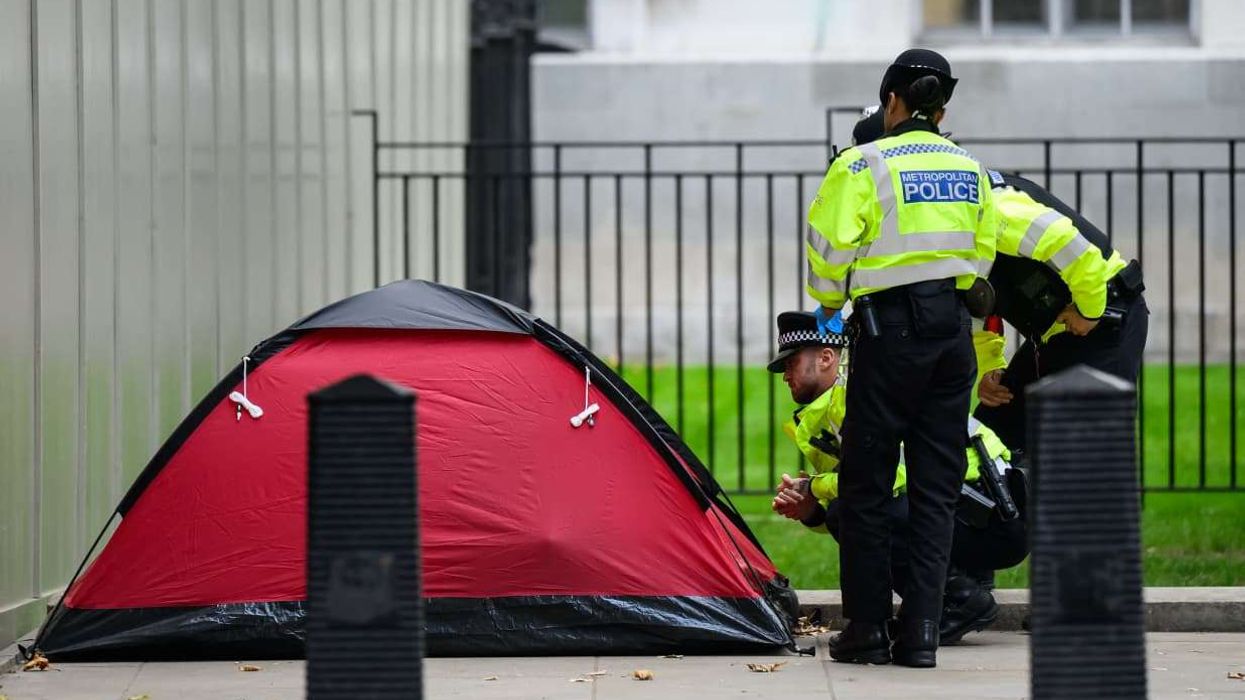India’s trade deficit declined to a five-month low of £10.62 billion in September 2018 despite jumping crude oil prices in the international market, said India’s Ministry of Commerce and Industry on Monday (15).
Country’s trade deficit during the first half of the financial year 2018-19 stood at £71.66bn. The exports for the month of September went down by 2.2 per cent while the imports recorded a jump of 10.5 per cent over the last fiscal year.
“Mid-year assessment shows exports growing in a healthy manner, building on export growth seen in 2016-17 and 2017-18,” the ministry said in a statement.
In the first half of the current fiscal year, the trade deficit came in at £71.66bn with exports up by 12.5 per cent and imports witnessing a rise of 16.2 per cent.
Imports during April-September 2018 period exhibited a positive growth of 16.16 per cent in dollar terms whereas, in September 2018, imports moved up 10.45 per cent in dollar terms, lowest in the last five months, the latest figures from the ministry added.
During September 2018, major commodity groups showing positive export growth over the corresponding month of last year are petroleum products (26.8 per cent), organic and inorganic chemicals (16.9 per cent), drugs and pharmaceuticals (3.8 per cent), cotton yarn, made-ups, handloom products, and others (3.6 per cent) and plastic, linoleum (28.2 per cent), the ministry said.












